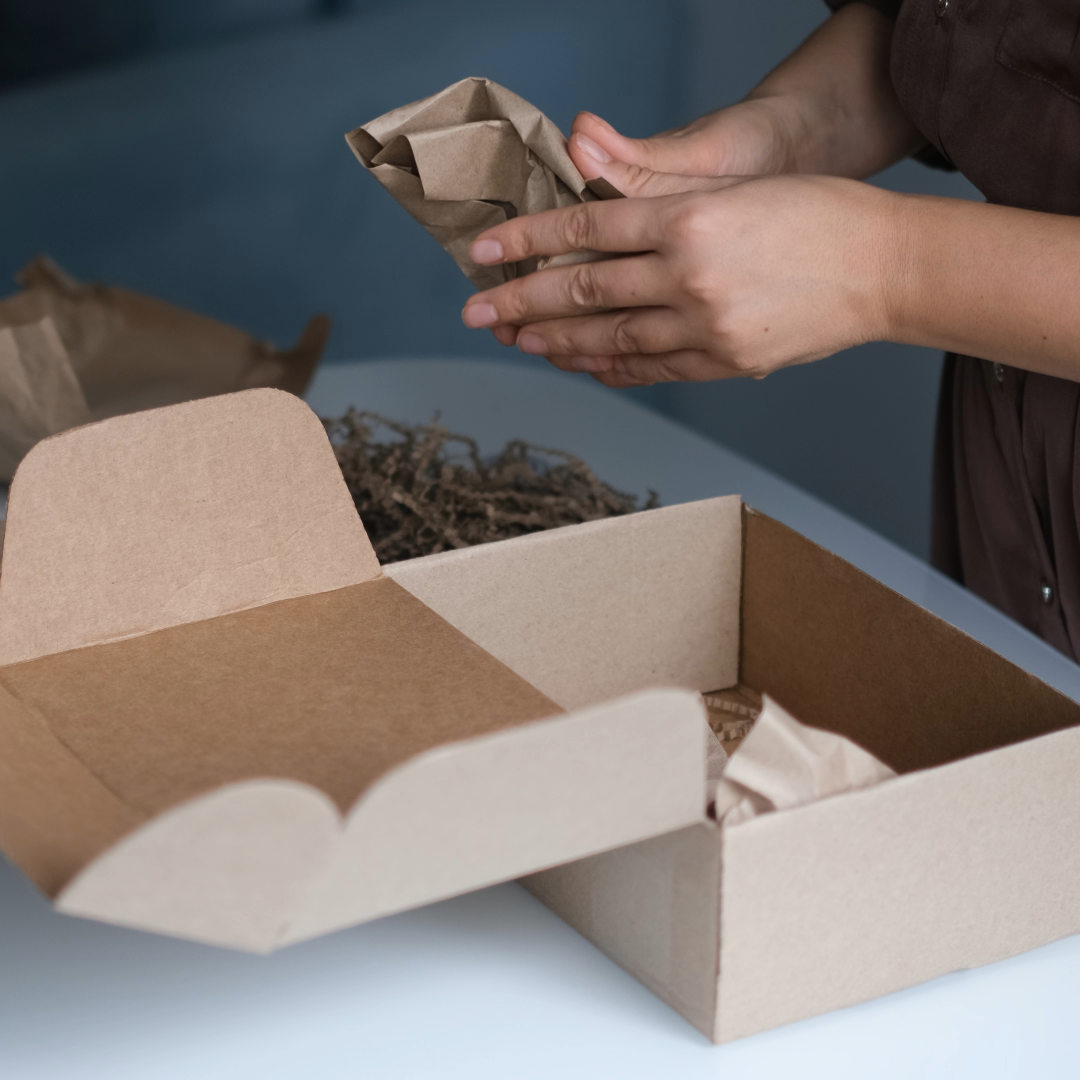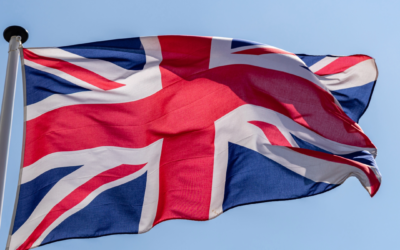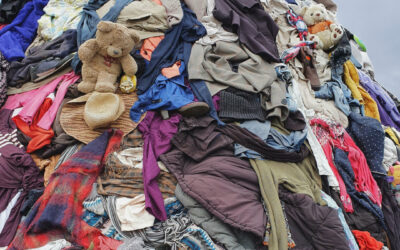Packaging law in Finland: EPR regulations since January 2024




Since January 2024, registration has been mandatory for all packaging producers in Finland, regardless of their revenue. With the abolition of the turnover threshold of one million euros at the beginning of the year, Finland is now making significantly more companies responsible for contributing to the costs of recycling their packaging. In this article, we shed light on what you need to consider as a retailer or manufacturer in Finland.
Extension of the EPR obligation in Finland
In order to reduce the impact of packaging and products on the environment, Finland has adapted its EPR (Extended Producer Responsibility) regulations. Registration with a collective system has been mandatory in Finland since 2024, whether for big players or newcomers. By removing the exemption limit for companies with a turnover of less than one million euros, Finland is taking a major step towards protecting the environment and resources. The adjustment in the Finnish definition of a producer is entirely in line with EU regulations.
This means that all companies in Finland, regardless of their turnover or size, must now fulfil their extended producer responsibility for their packaging.
There are also changes in the area of service and agricultural packaging. Producers or importers of service packaging, such as pizza boxes or coffee-to-go cups and agricultural packaging intended for agricultural products, now also fall under the definition of producer in the Finnish Packaging Act. Since then, the producer is responsible for the packaging, not the companies that actually fill the packaging and hand it out to customers. The regulation relieves the burden on small shops and restaurants.
What retailers and producers need to know now
If you are a foreign company packaging products for the Finnish market or importing packaged products and have a permanent location or branch in Finland or sell packaged products from abroad to Finnish end customers, you are responsible for fulfilling your Finnish EPR obligations.
Your obligations include registering with a collective system such as Rinki (where you pay a one-off registration fee and annual customer fees) and preparing an annual report on the quantities of your own packaging waste for the Finnish authorities. You also pay annual recycling fees depending on your packaging volumes. If you do not register with a collective system, you are free to set up your own system for collecting, sorting and recycling your packaging, but this involves a lot of bureaucracy.
Eco-Fees in Finland
Saving fees with recyclable packaging? It’s possible! To encourage companies to use recyclable packaging, Finland, like some other EU countries, is implementing eco-modulation.
This means that you can reduce your recycling fees for packaging based on its recyclability. Fees for packaging made of mono-material, i.e. packaging made of only one type of plastic, are therefore lower than for packaging made of different types of plastic.
Finland has been implementing this regulation since 2023. At the beginning of 2024, the regulation was expanded to include categories for metal and paper.
New boost for environmental protection in Finland thanks to EPR
With the extension of the EPR obligations in the packaging sector by removing the turnover limit, almost 30,000 companies in Finland will be made more responsible. Costs will be distributed more fairly and recycling will be more effective. Although this increases the administrative burden for some companies, the extension represents an opportunity for the circular economy and thus for environmental and resource protection.

LIZENZERO.EU makes packaging compliance in Europe very easy.
Do you ship your products to different countries in the EU? Many different legal requirements and obligations can make the whole thing quite complicated – but don’t worry, we’ll do it for you. How do we do it? With our licensing service, we take over all obligations for you by power of attorney. Sounds good? We’ll be happy to advise you.
For shipping to Germany, you can easily fulfill your packaging obligations yourself via Lizenzero.de.
Europe’s path to a more circular economy: The EU Waste Framework Directive explained
One of the biggest challenges we currently face is the effective management and reduction of waste. The constantly growing population and increasing consumption lead to ever greater quantities of waste, which pollutes our environment. In addition, our natural resources are dwindling. To counteract this problem, the EU Waste Framework Directive has been in place since 2008, which was amended in 2018 and represents a decisive step towards a sustainable circular economy in the EU. This directive sets clear targets and measures to prevent, reduce and optimise the recycling of waste. But what exactly is behind this directive and how is it implemented? In the following article, we take a look at the background and objectives of the EU Waste Framework Directive and highlight the key aspects and challenges involved in its implementation.
EPR regulations in the UK: current obligations for retailers in relation to packaging
Extended Producer Responsibility (EPR) is a European regulation that makes manufacturers, importers and companies responsible for the life cycle of their products and packaging in accordance with the polluter-pays principle. EU countries can interpret the EPR regulations differently, which is why your obligations may vary from country to country. If you are shipping goods to the UK, you should therefore familiarize yourself with the exact regulations in the country in advance in order to avoid sanctions and be compliant. In the following article, we will give you an overview of the current EPR obligations in the UK and take a look at upcoming changes.
Textile EPR in Europe: an opportunity for a greener future in fashion
The textile industry is one of the largest and most influential economic sectors in the world, but also one of the most environmentally damaging. The ever-increasing production of textiles brings with it ecological problems. A sustainable textile industry therefore requires circular solutions in production and recycling. In its EU strategy for sustainable and recyclable textiles, the European Commission presents measures to promote the sustainable handling of textile waste in line with extended producer responsibility (EPR). In the following article, we take a look at the EU’s proposals and the initial implementation of textile EPR in various countries.



